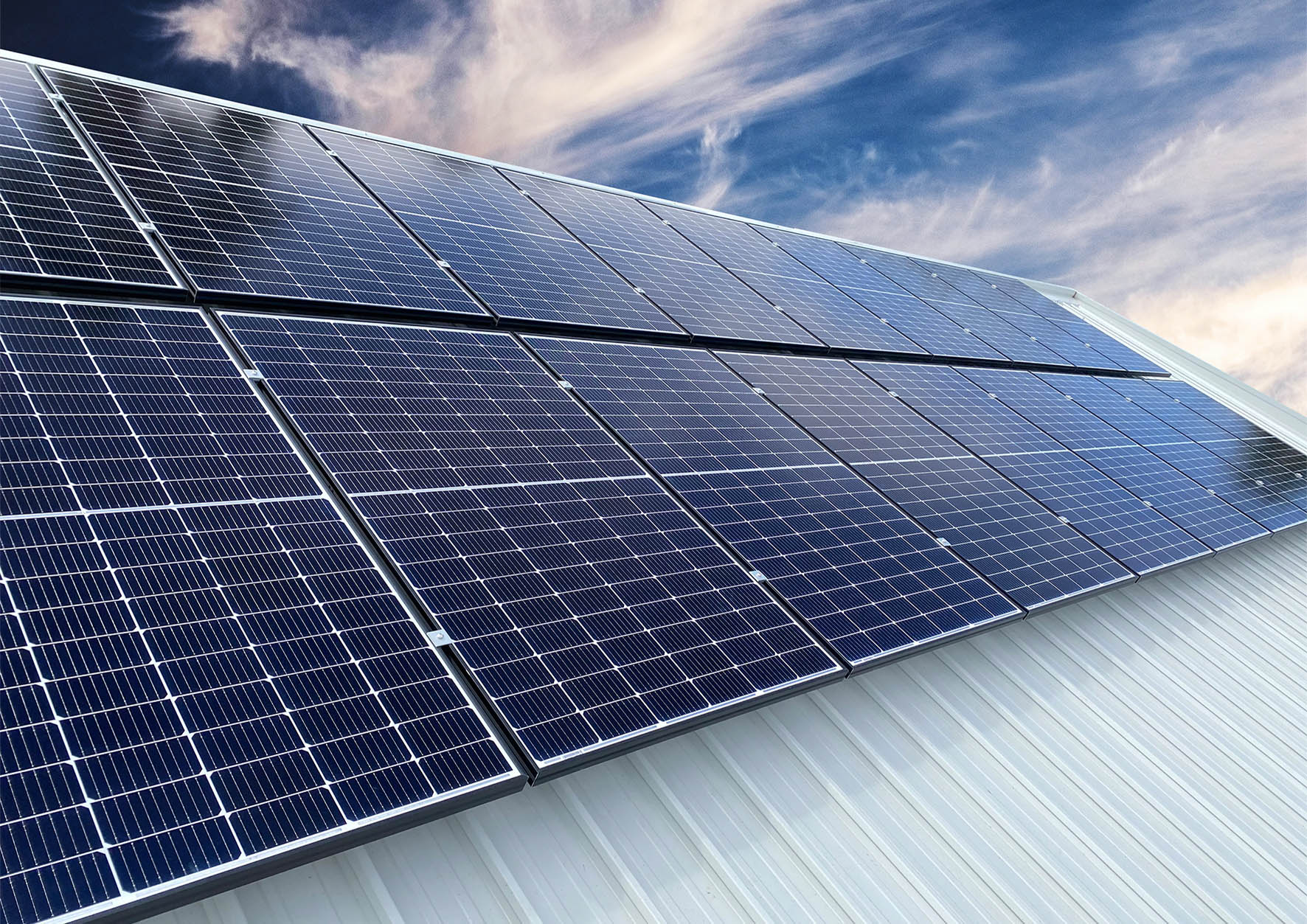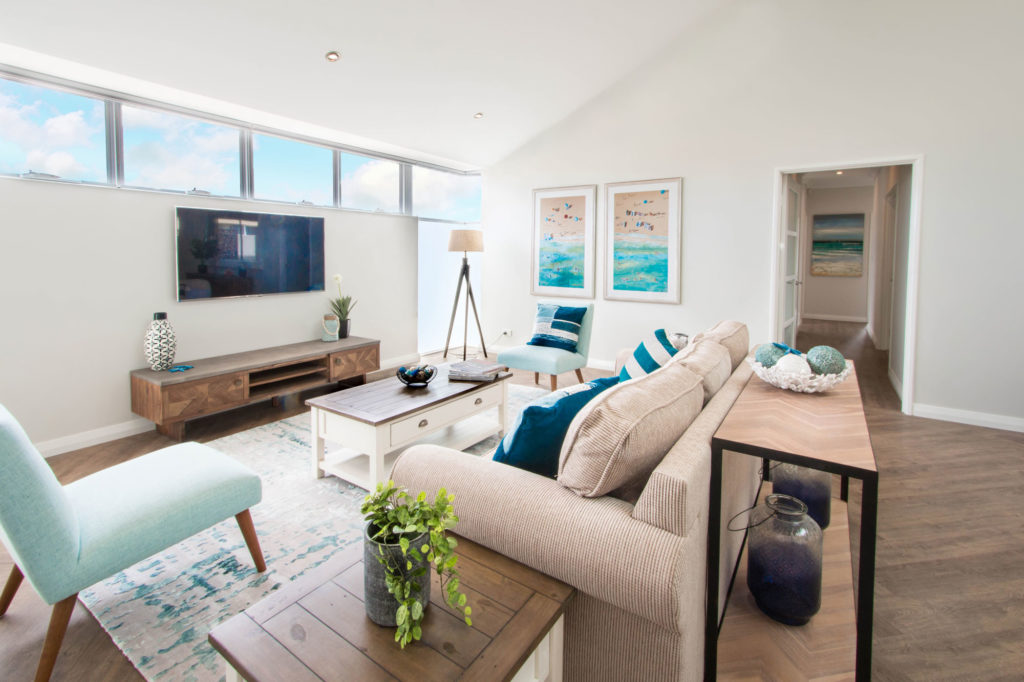Energy Efficiency – what you need to know

Your guide to Energy Efficiency.
If you’re thinking about building a home, affordability is bound to be a key concern. With utility costs on the rise however, “affordability” is not just about the initial costs of construction, but now needs to include the likely costs you will incur living in your new home as well.
Star Ratings for Energy Efficiency
Just like household appliances, the energy efficiency of a home has a nationally recognised star-rating system, with the more stars (on a scale of one to ten), the more energy efficient the home. Energy efficiency of design adds savings to the most valuable of commodities – energy and water – so in addition to having a positive impact on our environment, investing in an energy efficient home design will also save you money!

The more energy efficient your home, the most you will save in the long run.
Passive Solar Design
Homes incorporating passive solar design principles promoting improved thermal comfort, help to lower the need for artificial heating and cooling (and for more months of the year), so it stands to reason that the more energy efficient your home design, the lower your household energy bills, peak energy usage and greenhouse gas emissions.

Home incorporating solar panels for energy efficiency
Orientation and location of your home
With the introduction of mandatory energy building standards in 2011, all new homes constructed in WA now need to achieve a minimum energy efficiency rating. Achieving this is a culmination of numerous design elements working together for the right climate zone. While we endeavor to incorporate energy efficient design principles in all standard plans, a one-size-fit most approach is unlikely to achieve High Star energy efficiency without giving careful consideration to the orientation and location of your home.
Accordingly when buying a block of land, in addition to considering proximity to schools, shopping facilities, public transport and amenities, you should also consider the climate zone of your home as incorporating passive solar design principles at the design development stage can be less costly than making last-minute alterations.

When buying a block of land consider the climate zone of your home
Considering design aspects of your home
You may also impact the star rating of your home by making changes to our standard plans. For example by moving a window or changing the layout of internal walls, your home design could fall below the minimum level required. This is why we engage an accredited assessor early in the pre-contract process so that he or she can have input at the design stage and you can build with confidence knowing that your home meets the energy efficiency rating.
The assessor will determine the level of thermal comfort by considering the design aspects of your home, including the layout, the window and shading orientation (in regards to the local climate), and the construction of the roof, walls, windows and floors. This process will also uncover cost-effective ways to optimise energy efficiency, and will help us to obtain full building compliance on your behalf by securing a higher energy efficiency rating.

We engage an accredited assessor to check that your home meets the energy efficiency requirements
Sustainable Home Designs
The Shelford Group has embraced energy efficient building standards, incorporating energy efficient design principles into all of our standard floor plans. In fact, with a thorough understanding of sustainable home design, we can help you reduce your household energy costs, save you money and play your part in conserving our environment as well!
For further information about the home building process, contact us today.
